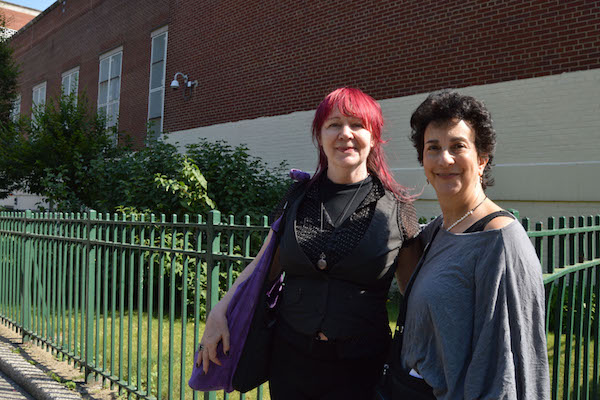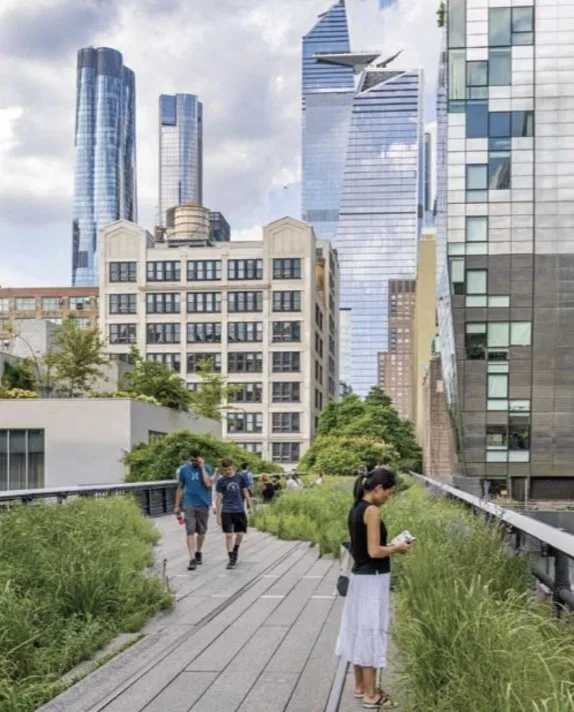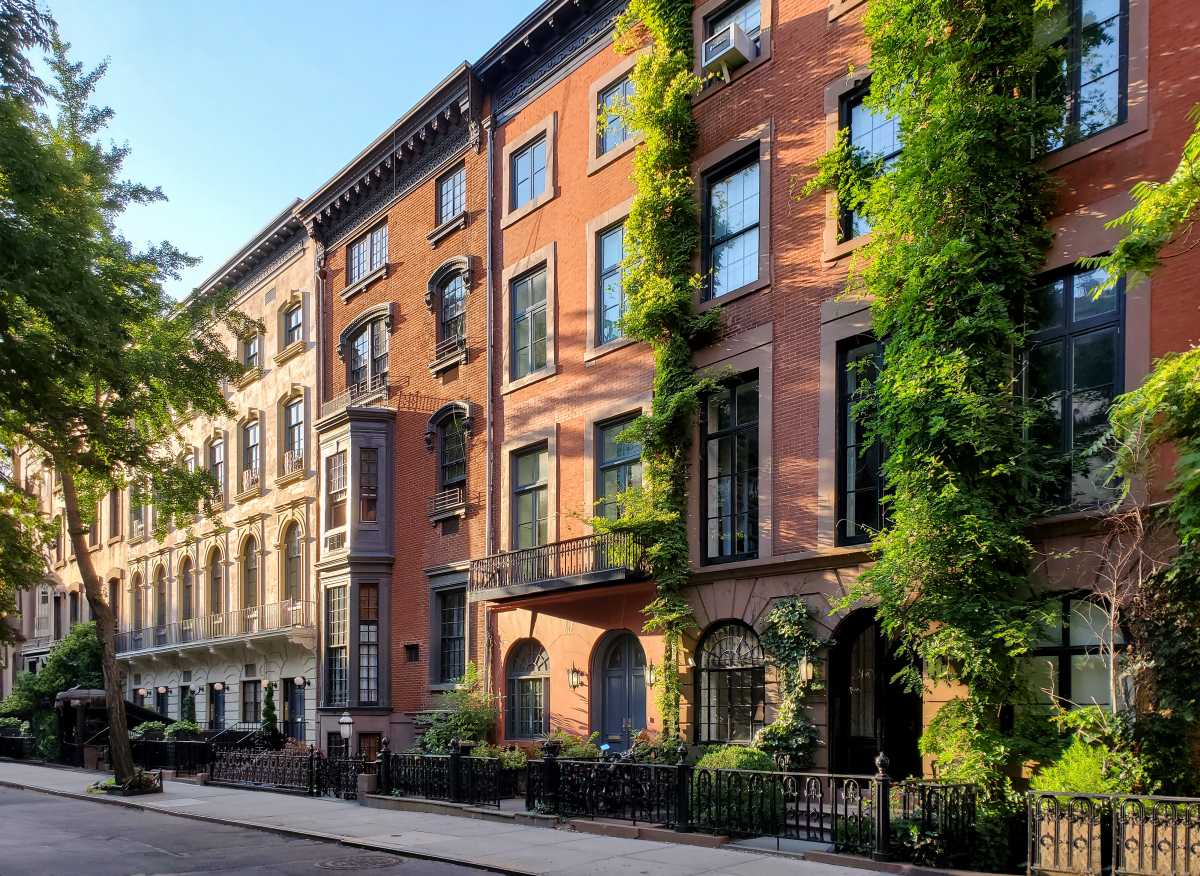
BY JACKSON CHEN | The Upper West Side nonprofit organization looking to create an affordable housing complex out of its current homeless shelter will hold off on 60 units of senior housing for several years to preserve parking desired by the local community.
West Side Federation for Senior and Supportive Housing’s plans involve the demolition of its current Valley Lodge shelter facility at 149 West 108th Street, which contains 92 transitional beds, and three neighboring city-owned garages to make way for an affordable housing complex of about 250 units and 110 transitional beds.
Opponents of the plan charged that loss of the garages would eliminate 675 parking spaces from a neighborhood where parking is already tight. In response, the nonprofit recently updated its plans to allow the easternmost garage with about 125 parking spaces to be maintained for five years beyond the start of construction.
According to Paul Freitag, WSFSSH’s executive director, the organization is hoping to begin construction next summer and once the five years are up, the decision falls on the city to figure out the disposition of the parking garage left intact.
Freitag explained that in preserving the garage, a portion of the affordable housing complex that would serve roughly 60 senior citizens would be delayed pending the city’s decision at that future date.
WSFSSH is also looking into the costly option of below-grade parking and has provided the operator of the existing garages with all the preliminary information necessary. Freitag said his organization hasn’t yet heard back from the operator.
Concerns raised at Community Board 7 meetings earlier this year also involved the volunteer Central Park Medical Unit, which stores four ambulances in the garages at no cost and would be displaced by the WSFSSH development.
Once the nonprofit organization was made aware of that situation, it reached out to the ambulance unit. Freitag said that the new complex would dedicate a garage for three of the CPMU vehicles and facility space for any courses or programs the ambulance corps conducts.
While the volunteer EMTs are amenable to WSFSSH’s proposal, the unit’s president, Rafael Castellanos, expressed uncertainty about the housing development’s future given the range of concerns raised during community board meetings.
“If this goes through, we’ll be taken care of, which is very nice,” Castellanos said. “How long it will take to go through, will it go through, we just don’t know.”
An opposition group, Save Manhattan Valley, has voiced more than just skepticism and is outright calling for a relocation of the development.
“We are hoping to stop a poorly conceived plan,” Meryl Zegarek, a founding member of Save Manhattan Valley, said. “We don’t know of any other time that WSFSSH and the city have removed a valuable community resource from one segment of the population to aid another segment.”
Zegarek and Glory Ann Kerstein, another founding member of the group, argued that the Manhattan Valley neighborhood already hosts 40 percent of the Upper West Side’s affordable housing units, more than its fair share.
The group also argues that the loss of parking would lead to more circling cars and add to the area’s traffic, air pollution, and safety risks. To alleviate their concerns, Kerstein said her group would like to see more traffic studies done in collaboration with the Department of Transportation as well as an environmental review to gauge how construction would affect the surrounding neighborhood, including M.S. 54, located at the corner of West 108th Street and Columbus Avenue.
And after being told that WSFSSH was “not willing to negotiate” during one of their meetings, Kerstein said that Save Manhattan Valley is formalizing a petition and will be seeking signatures soon.
“Effectively, the community’s voice in this poorly conceived project is being ignored,” Kerstein said.
Freitag, however, contended that in declining to negotiate with Save Manhattan Valley, WSFSSH was simply expressing the goal of engaging the entire community rather than a single opposing group. He said that WSFSSH’s traffic analysts have been working to address questions raised by the community and that an environmental review would be conducted as part of the group’s zoning application.
“We’re trying to be transparent by including all community groups and the community board,” Freitag said. “We’re trying to have this happen in a context that includes all members of the Upper West Side.”






























